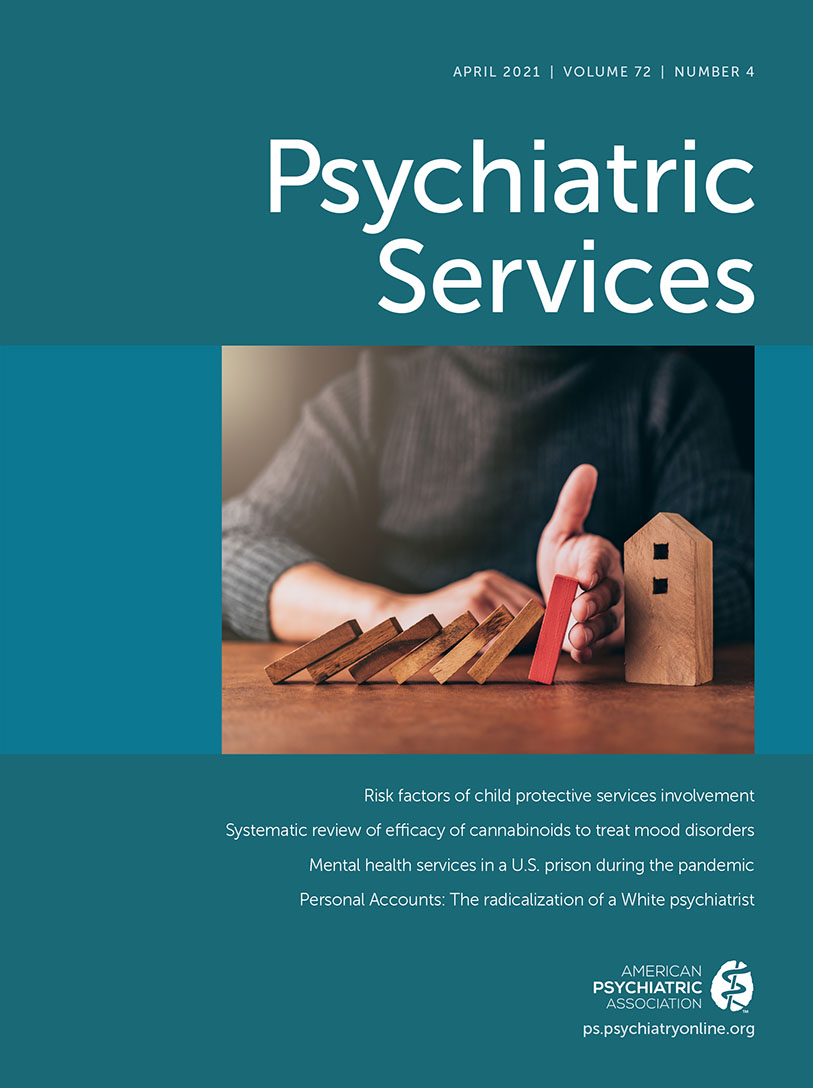Barriers to Expanding the Role of Nonprescribing Clinicians in Emergency Settings
The American Association for Emergency Psychiatry should be commended for generating a set of forward-looking recommendations aimed at addressing staffing shortages in emergency settings (1). As the authors report, the need for mental health care providers in these settings is considerable. Timely assessment and intervention are critical. Psychiatrists, psychiatric nurse practitioners, and psychiatric physician assistants may not be readily available. Therefore, the field must find ways to utilize licensed mental health counselors (L.M.H.C.s), licensed clinical social workers (M.S.W.s), and clinical psychologists (Ph.D.s) effectively in these settings.
In some ways, these recommendations are an extension of a long-standing debate over what responsibilities should be restricted to psychiatrists and what responsibilities can be ably performed by others. A century ago, Sigmund Freud confronted this issue in The Question of Lay Analysis and argued that the most important consideration is whether the treater has the appropriate training and skill set, not whether the treater is a physician (2). More recent iterations of this debate have focused on whether psychologists can prescribe medication.
Although the recommendation to utilize L.M.H.C.s, M.S.W.s, and Ph.D.s merits serious consideration, it is also important to anticipate some barriers to implementing and scaling up this proposal. The authors mention several of these in passing. This commentary considers three barriers in more detail.
One barrier is a lack of consensus on how L.M.H.C.s, M.S.W.s, or Ph.D.s can demonstrate that they are competent to perform these evaluations. The authors’ proposal to utilize didactics, individual supervision, apprenticeships, and eventually a certification program is not itself controversial. The controversy will arise when filling in the details of this training pathway (e.g., which didactics, what forms of supervision, how long an apprenticeship, how difficult a certification examination?). If the threshold is set too low, quality may suffer, and patients will not be well served. If the threshold is set too high, the problem of having too few qualified clinicians could persist. One lesson from the debate over psychologists’ prescribing powers is that defining a training and certification pathway is likely to be a major source of controversy (3).
Local regulations and policies may create a second barrier to widespread utilization of L.M.H.C.s, M.S.W.s, and Ph.D.s in emergency settings. With training and experience, these clinicians could undoubtedly develop the skills to discern who lacks decision-making capacity, who requires involuntary psychiatric hospitalization, and who is appropriate for discharge. However, local regulations and policies still may not grant these clinicians the authority to make those decisions. Where regulations and policies require a psychiatrist to evaluate the patient and make a treatment determination, the role of L.M.H.C.s, M.S.W.s, and Ph.D.s will be constrained.
A third barrier to scaling up the role of L.M.H.C.s, M.S.W.s, and Ph.D.s appears in emergency settings that treat large numbers of patients with medically or pharmacologically complicated conditions. The primary skill set of an L.M.H.C., M.S.W., or Ph.D. is best suited for circumstances in which the patient is able to engage in the interview, is able to provide a reliable history, and is responsive to brief psychotherapeutic interventions and where medical or pharmacological questions are not prominent. However, when patients have significant medical comorbid conditions, are prescribed complicated medication regimens (or present to the emergency setting midtitration), or present with intoxication or withdrawal, it is much more important for treaters to have medical training. Because patient populations can vary markedly across emergency settings, the opportunities for L.M.H.C.s, M.S.W.s, and Ph.D.s to add value may be obvious in some settings but more limited in others.
None of these comments is intended to suggest that the barriers are insurmountable or that the recommendations should be dismissed. Indeed, it would be a grave error if emergency psychiatry failed to collaborate effectively with L.M.H.C.s, M.S.W.s, and Ph.D.s on this and other shared goals. Rather, these comments are intended as an assessment of where the field currently stands and an acknowledgment that much work remains to be done to turn these recommendations into reality.
1 : American Association for Emergency Psychiatry recommendations to address psychiatrist shortages in emergency settings. Psychiatr Serv 2021; 72:437–443Abstract, Google Scholar
2 : The Question of Lay Analysis. The Standard Edition of the Complete Psychological Works of Sigmund Freud, Volume XX. London, Hogarth, 1926. http://www.yorku.ca/dcarveth/LayAnalysis.pdfGoogle Scholar
3 : Prescriptive authority: psychologists’ abridged training relative to other professions’ training. Clin Psychol Sci Pract 2020; 27:



